Welcome to issue 70 of the Call to Comms!
We talked to Nataliia, a Ukrainian displaced because of the war, to learn why she decided to leave her hometown along with her family.
Meet Nataliia from Ukraine
Nataliia is one of millions of Ukrainians who got displaced because of the war. Nataliia is now living in a temporary shelter for internally displaced persons in the Khmelnytskyi region. Before the conflict, Nataliia and her family, her children and grandchildren, lived in Kherson, where they are originally from.
However, Kherson was one of the first places to get invaded and became under occupation on March 1st of 2022. “It was very hard to bear all this,” explains Nataliia. “We basically lived in the hallway because it was scary to be near the windows. We covered the doors and windows [with] curtains and blankets because [there were] tanks, there were shots,” she adds.
Why did you decide to leave your home and how was the journey?
“One of the very important reasons for leaving was when the Internet went down. At the end of May, all our information channels and external lines of communication began to be closed. Everything went down. There were moments, during hostilities, when part of the family was between Kherson and Mykolaiv, in the place where the fighting was going on. There, communication was lost for two days. And we were very worried, we didn't know anything. It's scary when there's no information, it's just scary.”
“One of the very important reasons for leaving was when the Internet went down.”
We are familiar, from the stories people tell us, with the essential need for information that arises when they are forced to flee. But Nataliia emphasized that the lack of information at a time like this, the fact of not knowing how the situation is developing, can be decisive in the decision to stay or flee.
'We spent any money we had to buy groceries'
The lack of information isn’t the only reason Nataliia decided to leave: “the second reason is banks and money”, she added. “I can't tell you how long we stood under the ATM. During the entire occupation, the banking system was barely hanging on. There were situations when we could get there one day and [get] nothing for a week. So how to live? Because you can't without money. The queues were huge, and we all went into debt, including me, because we needed to exist and we spent any money we had to buy groceries.”
Looking for a connection and for a way to flee
“And when there was no connection, we looked for it with our children – I lived with my daughter and granddaughter, the other was already abroad. We were looking for connections with volunteers, with individuals who had transport to take us out of the occupied areas.”
“We waited in line for the state transport service, but it was very difficult. It does not depend on when you applied, but on who needs to be evacuated: first of all, the elderly, the sick, the disabled. So you couldn’t be sure when state transport would be available; it could be one month, three or even seven months.” When Nataliia finally reached a shelter for internally displaced people, there was no connection there yet.
Why is the Internet needed and how was it before TSF’s connectivity project?
“The Internet was weak all the time until [TSF] installed the Wi-Fi. We had to climb on the hill outside [to try and find a connection].” Nataliia is still in Ukraine, but that isn’t the case for all of her family: “my daughter's family immediately ended up in Romania, and I needed a connection. The whole family left, and I have friends in Kyiv and in Leo. Communication was needed. Communication gives us life support, hope, and support. And this is very important.”
You can watch a short video of Nataliia’s testimony, taken in the shelter she lives in, here:
“Communication was needed. Communication gives us life support, hope, and support. And this is very important.”
See you next week!
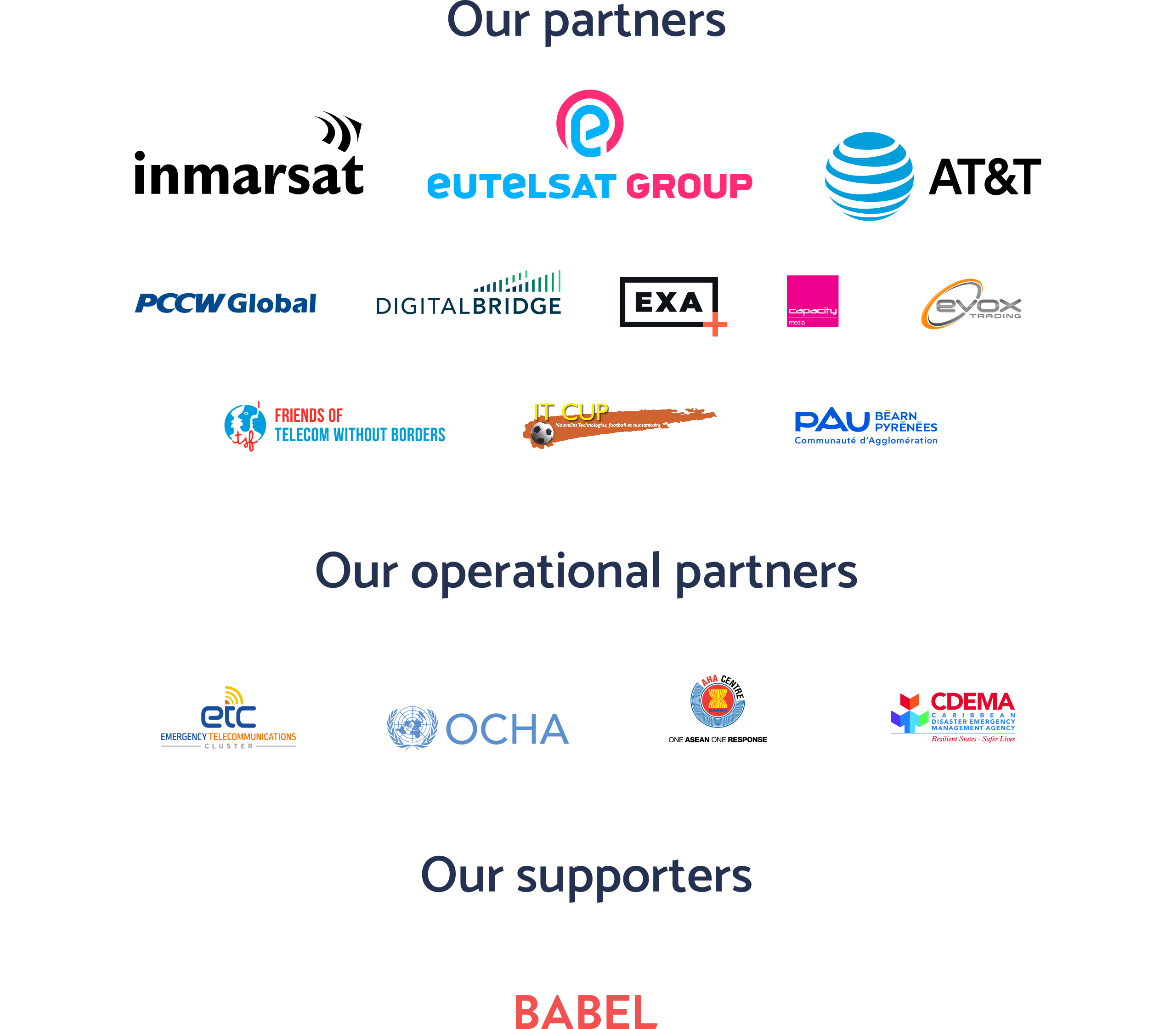



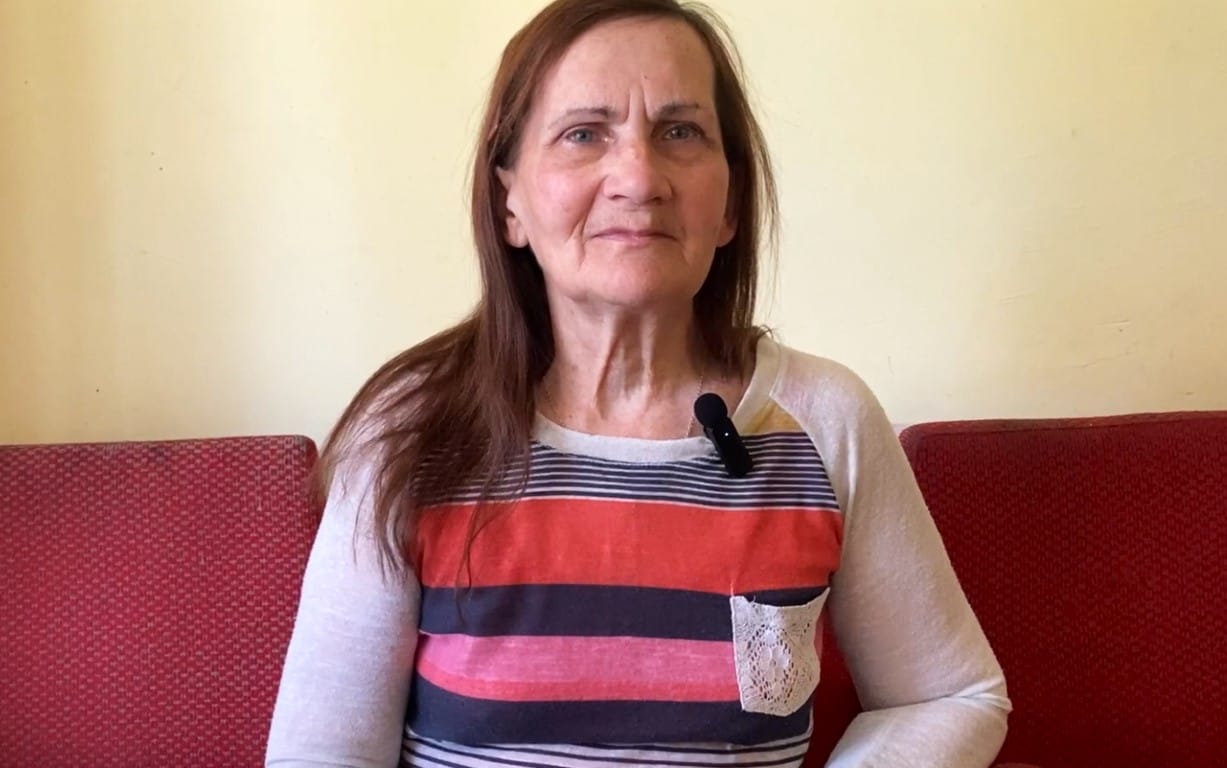



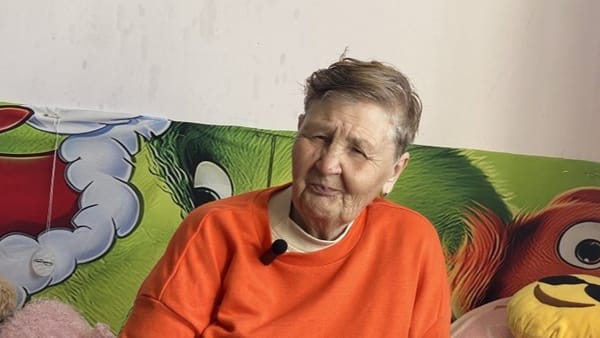
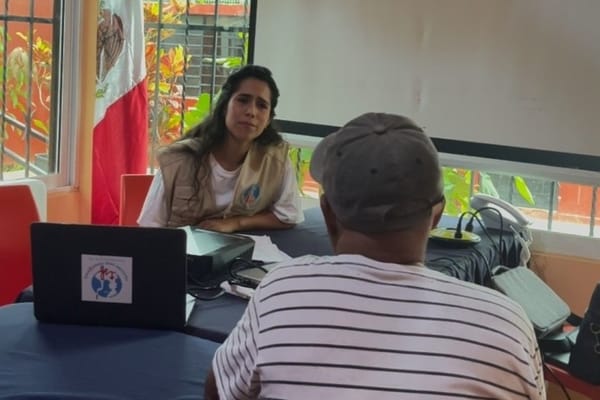

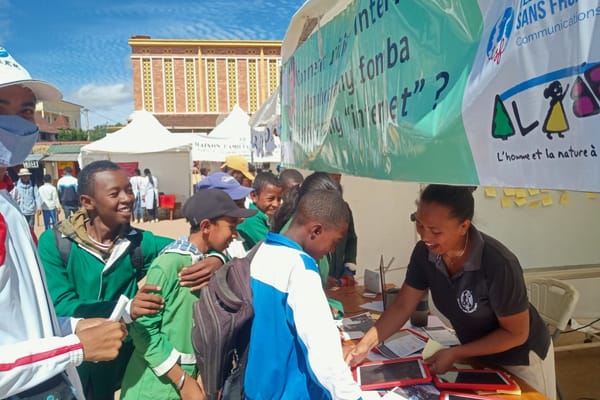
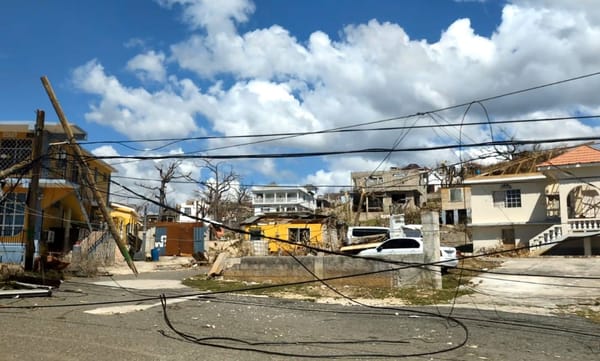
Member discussion